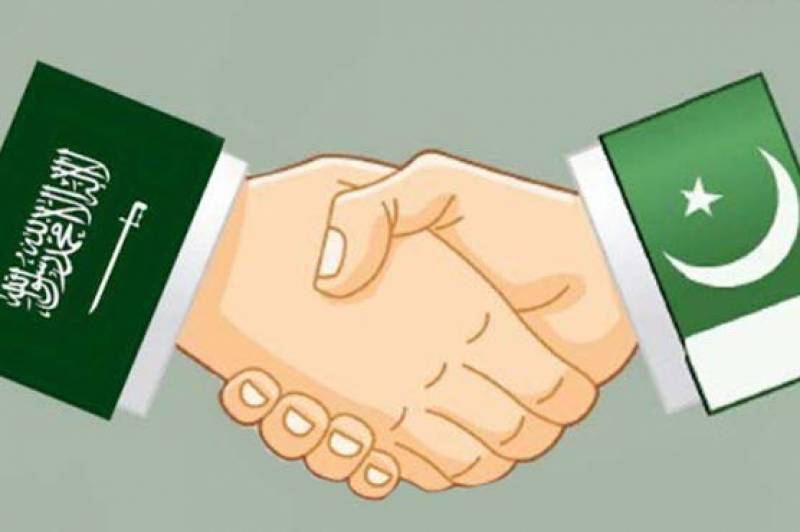Thanks to sensational reporting on WikiLeaks, the relationship of Pakistan with Saudi Arabia has been spotlighted. We have known of ideological links between radical Islamic groups and their Saudi patrons for a long time. However, this has never been debated due to the status the Saudi monarchy enjoys in Pakistan. Criticising it constitutes sacrilege and the moment one even begins to raise a question, the proponents of the warm and time-tested brotherly ties construe this as an attack on Islam. Let’s be clear: The House of Saud is a temporal, political entity and is not representative of spiritual Islam.
True that the Saudis have often bailed us out and we are dependent on their largesse. But this is not a benign relationship. Pakistan has witnessed the rise of Wahabi-Salafi ideology in the public space. Pakistan’s Islamic pluralism has been under attack for the last three decades. The rise of sectarianism and the mushrooming of militant groups have made us a society bruised by intolerance and violence. Sadly, the state has been giving space to ideologues demanding the imposition of one-version of the Shariah, often at its own expense.
First, it was the financing of madrassas in the 1980s jihad factories to counter the infidel Russians. Since then, the jihad industry has flourished. In this process, the Pakistani state has become hostage to ever-splintering militant outfits. Presidents have been targets, civilian law-enforcement agencies have been attacked in every province and the GHQ was raided last year. For many Pakistanis, reports on Saudi individuals financing these groups are disturbing. It is also alarming to know that the US is more concerned about instability in Pakistan in the wake of an attack on Iran than Saudi Arabia!
We are shy of talking about how our migrant labour is treated, or how pilgrims are received in our friendly country. For Pakistanis, there is contempt and ridicule, which is contrary to Islam’s egalitarianism. We cannot continue as a playground for anti-Shia politics nor should we let al Qaeda financiers use our country for their agendas. If our elitism and failure to achieve sustainable economic development makes us vulnerable to foreign diktat, then it is time to change our policy priorities.
President Zardari, for all his shortcomings, is committed to combating extremism and faces grave threats. Foreign-funded forces are ruthlessly hunting the ANP as well. If you add the MQM to this matrix, then the greatest political threat to a monolithic Islamicist agenda happens to be the democratic process. Understandably, a cable reveals the preference for military rule by our Saudi patrons.
Those who have been drumming up the Hindu, Jewish and American Taliban may wish to focus on militancy financed by Islamic-friendly countries. We need to choose friends who serve our national interest and not use us as a sectarian client.
Published in The Express Tribune, December 7th, 2010.



